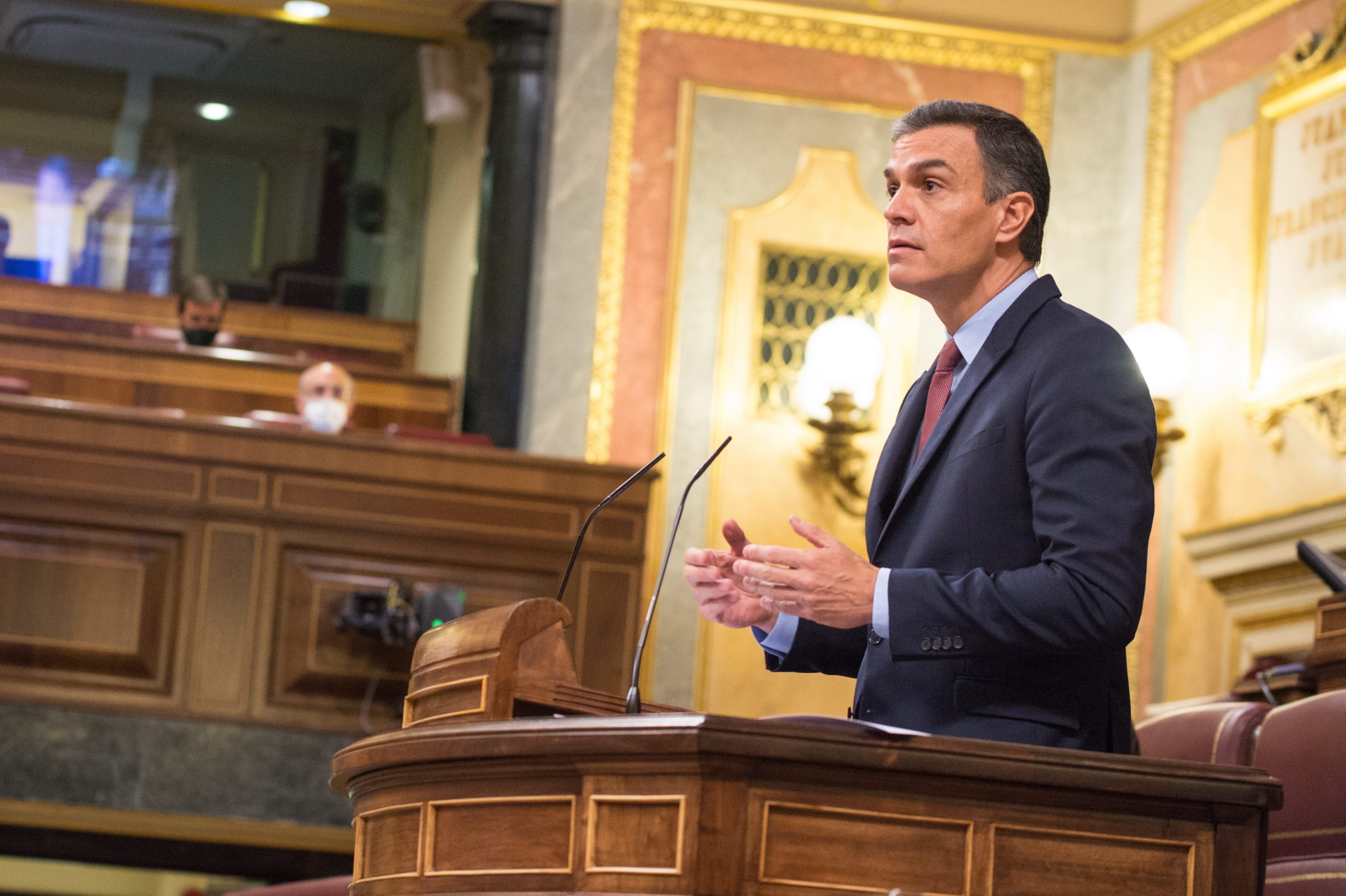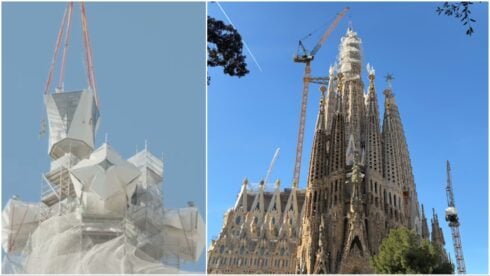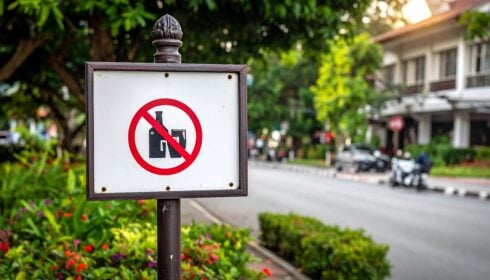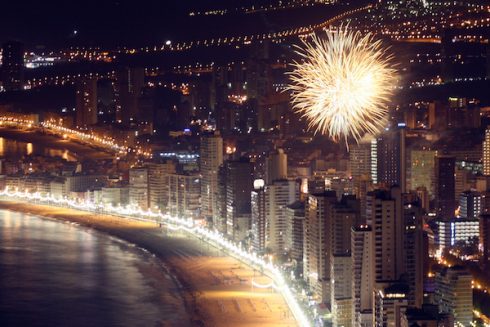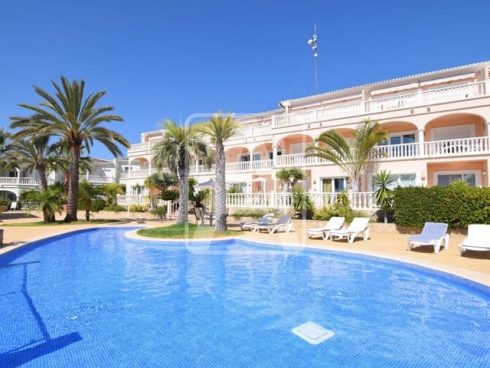FOR THE government of Prime Minister Pedro Sánchez, the proces, as the Catalan independence drive is commonly known, is now the past. There will, for now, be no more talks between the central government and regional politicians, and there is no possibility of a referendum on Catalunya’s secession from Spain.
The shift in policy by the Socialist Party-led government comes after a series of concessions were made to the pro-independence movement. Changes to the sedition and misuse of public funds laws have just been passed into law.
These will benefit not only the leaders of the 2017 independence drive who were tried and convicted for their role in the illegal referendum held that year and subsequent unilateral declaration of independence, but also those who are yet to see the inside of a courtroom.
That includes the former premier of Catalunya, Carles Puigdemont, who fled Spain to avoid prosecution and is still living in self-imposed exile in Belgium.
If he were to ever face trial, he could no longer be charged with sedition, which has been replaced with a new, lesser offence of aggravated public disorder, while he would face a lower prison sentence for misuse of public funds. That offence now carries a lower jail term if the objective is not personal enrichment.
These changes can also be applied retroactively to those who were convicted in the original Supreme Court trials over the independence drive, meaning, for example, that the Catalan Republican Left (ERC) politician Oriol Junqueras could see his ban from holding public office reduced, paving the way for his return to politics next year.
Having achieved these concessions, however, the ERC is now pushing for more. Not only does the party – which is in power in Catalunya, albeit without a working majority – want the meetings with the central government to continue, but it is also pushing for a referendum on independence.
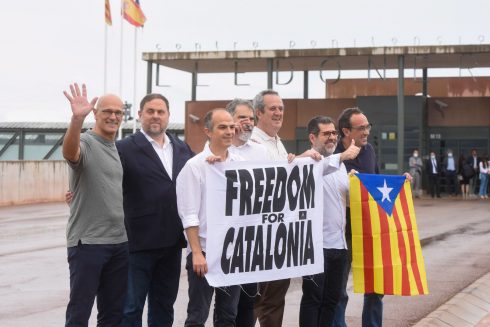
Such a consultation, however, has been repeatedly ruled out by the Spanish government and Pedro Sánchez himself.
‘They can call for whatever they want,’ said Sánchez on Tuesday, in reference to the ERC’s demand for a new vote. ‘It is not going to happen.’
The law changes were, the prime minister said, ‘risky decisions’, but he insisted that the ‘situation is much better than it was in 2017’.
The 2017 independence drive took place when the conservative Popular Party (PP) was in power. Extra police and Civil Guard units were sent into the region to try to stop the illegal vote on secession from going ahead.
Violent tactics
The heavy-handed and violent tactics by officers against ordinary members of the public were seen around the world, and served to aggravate the situation even further.
After the unilateral declaration of independence in the Catalan parliament, the central government took control of the region, sacked the government and called new elections.
Since it took power, the Socialist Party government has been seeking a negotiated solution to the conflict. But it would seem that Pedro Sánchez may have done as much as he is prepared to in order to heal the rifts between the region and the central government, and that any more demands from the ERC will be falling upon deaf ears.
Read more:
- Spain passes controversial changes to sedition and misuse of funds laws in midst of constitutional crisis
- Spanish government to study more changes to Criminal Code that could benefit Catalan independence leaders
Click here to read more Catalunya News from The Olive Press.

